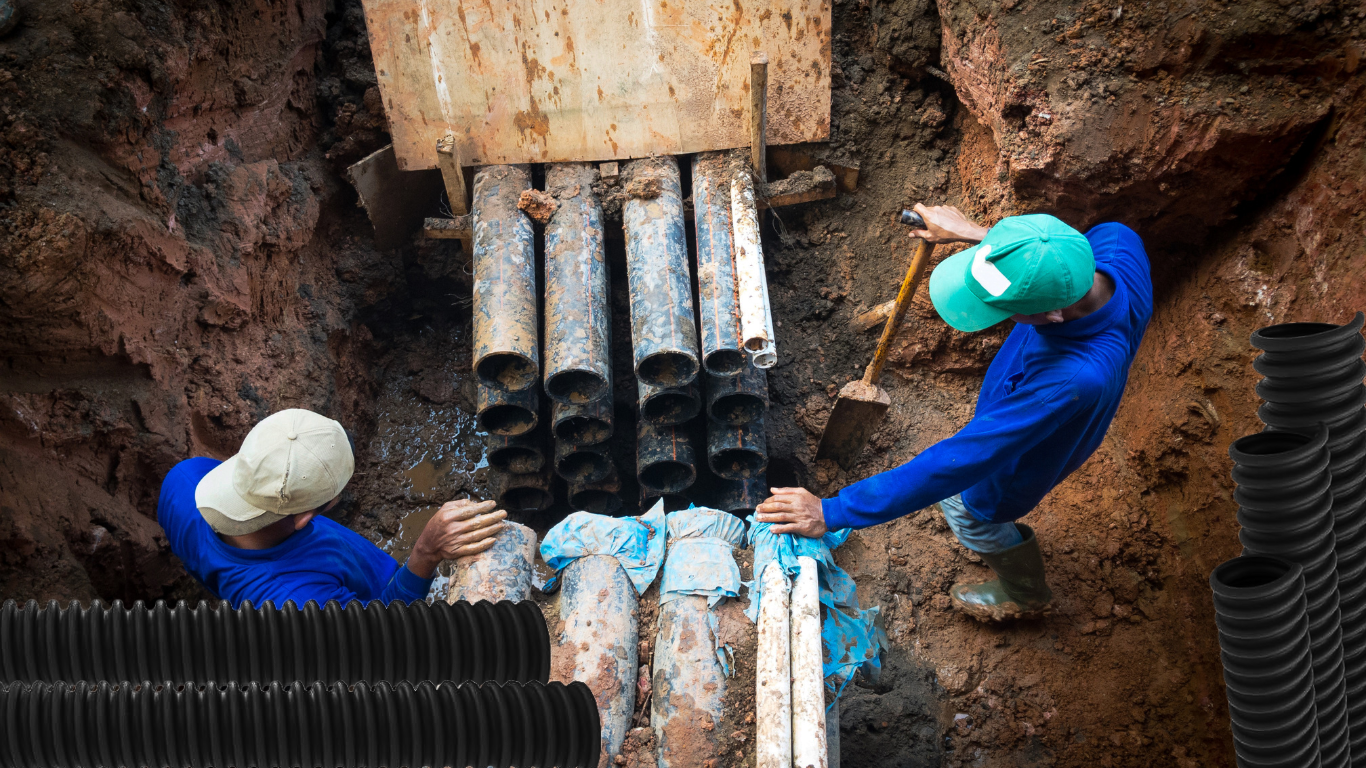How HDPE Spiral Pipe Protects Underground Cables?
Underground cables are essential for energy distribution, communication, and data transmission. Protecting these cables from environmental factors and physical damage is critical for ensuring their longevity and reliable performance. HDPE Spiral Pipe offers an innovative solution to safeguard underground cables, thanks to its unique properties and durability.

1. Moisture and Chemical Resistance
HDPE Spiral Pipe is impermeable to water, preventing moisture from penetrating and causing damage to the cables inside. Its resistance to a wide range of chemicals ensures that the pipe does not degrade over time, even in chemically active environments.
2. Durability and Strength
HDPE is known for its exceptional strength-to-weight ratio, allowing it to withstand soil pressure and physical impacts without compromising the cables it protects. The material’s flexibility helps it absorb ground movement, reducing the risk of cracks and breaks that can occur with more rigid materials.
3. Reduced Risk of Damage from Soil Movement
As soil shifts and settles over time, the flexibility of HDPE Spiral Pipe accommodates these changes, keeping cables safe from crushing or bending. This feature is especially important in areas prone to soil erosion or seismic activity.
4. Lightweight and Easy Installation
The lightweight design of HDPE Spiral Pipe makes it easier to handle and install, reducing labor costs and time for underground cable projects. Its flexible nature allows for straightforward routing around obstacles, facilitating efficient installation in challenging environments.
5. Long Lifespan and Cost-Effectiveness
With a lifespan that often exceeds 50 years, HDPE Spiral Pipe minimizes the need for frequent replacements or repairs. Its low maintenance requirements contribute to overall cost savings in long-term infrastructure projects.
Comparing HDPE Spiral Pipe to Other Cable Protection Options
- PVC Conduit: While less expensive initially, PVC can become brittle over time and may not offer the same level of impact resistance as HDPE.
- Metal Conduit: Metal options can corrode and may require additional treatments to prevent rust, while HDPE remains corrosion-resistant throughout its lifespan.
Conclusion
HDPE Spiral Pipe provides unparalleled protection for underground cables, ensuring their reliability and longevity in various environments. Its unique properties make it a superior choice for safeguarding critical infrastructure against moisture, chemical exposure, and physical damage
For more information on how HDPE Spiral Pipe can enhance your underground cable protection systems, visit our main page at hdpespiral.com.
